SEO is already deep into a new era. What do we know for sure?
Marketers across industries are reporting a measurable decline in organic traffic and scrambling to understand what this means for them. Google’s introduction of AI Overviews (AIOs) has dramatically shifted the search experience. But what does that really mean for SEO teams?
In collaboration with dofollow and (X)OFU, my team and I ran the first-ever usability study of Google’s AI Overviews. We tracked 70 users, gave them 8 tasks, and observed how they behaved in real-world search scenarios. The results revealed new behavioral norms that fundamentally change how we think about ranking, clicks and trust.
The bottom line: SEO is no longer about getting a click. It’s about being seen, remembered and trusted.
You can watch my full presentation of our research below, or scroll on to read the six most important lessons from the research.
1. Brand authority now beats search intent
We used to believe that if your content matched search intent, you had a fighting chance. That’s still partly true. But now, there’s a new gatekeeper: trust.
In our study, users didn’t just look for relevance. First, they asked themselves: “Do I trust this brand?” Only if the answer was yes would they ask the next question: “Does this answer my query?”
This new behavioral filter means that even if your content is perfectly optimized, you may be invisible to searchers unless they recognize and trust your brand.
Trust is the gatekeeper. Brand familiarity is a precondition for relevance.
AI Overviews amplify this dynamic. Appearing in the top third of an AIO isn’t just good visibility. It’s brand building. Even without clicks, users remember your brand.
Relevance still matters. But authority is now the admission ticket.

2. The higher the stakes, the deeper the scroll
Searches aren’t all created equal. Some are casual (“best running shoes”). Others carry serious consequences (“should I refinance my mortgage?”).
In high-stakes scenarios, users behave differently.
They scroll deeper. They click more. They validate the AI Overview with additional research, usually from classic organic results.
Our study showed that AIOs only provide the final answer about 20% of the time. The other 80%? These users keep scrolling past the AIO to click on organic results. And when the stakes are high, they want to verify the information from multiple sources.
If you’re in a YMYL (Your Money or Your Life) category, your content isn’t just a possible answer, it’s part of a trust ecosystem. Your site must signal credibility, offer supporting data and help users confidently complete their journey.

3. The demographic divide in AI search
User behavior in search isn’t uniform, it varies widely by age.
Our data showed that younger users are far more receptive to AIOs and community platforms like Reddit and YouTube. They click, scroll and validate answers through social proof.
By contrast, older users tend to skip over AI Overviews and rely on traditional organic links.
This matters for strategy. If your target audience is Gen Z or Millennials, being visible in AIOs, Reddit threads and YouTube results isn’t optional.
If your audience skews 45+, you may need to double down on classic SEO techniques, including owning multiple spots on the SERP via partnerships, guest content or acquisitions.
Segmentation matters more than ever.

4. Search has flipped from a click economy to a visibility economy
We’ve been conditioned to treat SEO as a performance channel. Traffic becomes leads, leads become revenue. Rankings = ROI.
But that model no longer reflects reality.
Users treat AIOs like fact sheets. They skim the surface. Often, the brands that appear high up in those answers get credit, even without a click. The brand becomes part of the answer, not just a possible link.
As a result, SEO now functions more like a brand awareness and influence channel than a bottom-of-funnel conversion engine.
We need new metrics. Clicks are outdated. Instead, look at:
- Impressions (especially in AIOs)
- Share of voice
- Brand mentions in community platforms (Reddit, YouTube, etc.)
This shift means SEOs must collaborate more closely with brand, communications and product marketing. And it also means investing to be present in the places where users validate what they skim in the AI Overview.
5. Invest in community-driven validation channels
It’s not enough to rank in AI Overviews or show up in traditional organic listings. You also need to be where people go to validate what they’ve seen: Reddit, YouTube and forums. That’s where trust gets built.
We saw this clearly in the study. After scanning an AI Overview, users often turned to community platforms to double-check the answer. They weren’t just looking for more information, they were looking for human voices, experiences and reviews.
That’s why I tell companies: treat Reddit, YouTube and niche forums like core parts of your SEO strategy, not side projects. This is where brand sentiment is shaped.
It doesn’t mean launching a podcast or building a full-fledged video team overnight. But it does mean:
- Jumping into relevant Reddit threads and being transparent about who you are
- Publishing real product walkthroughs on YouTube
- Participating in forums where your customers ask questions
The more you’re present in these spaces, the more likely people are to trust you when it counts. That’s how you build lasting influence.

6. Make your content stupid simple to navigate
Let’s say you do earn the click. You’ve made it past the AIO. What happens next?
Most users are in a validation mindset. They want to quickly assess whether they can trust you. So your content must be:
- Skimmable: Clear headings, short paragraphs, tables, takeaways.
- Structured: FAQs, summaries, CTAs up top.
- Accessible on mobile: Screen space is limited.
- Visually helpful: Use bolding, icons, formatting to emphasize key info.
Users are scanning for credibility signals. Don’t bury the lede.
Google itself evaluates your site from a mobile-first perspective. Mobile UX isn’t a nice-to-have. It’s a ranking factor, a trust signal and a conversion lever.
Make your content stupid simple to navigate. That’s how you earn the validation click.
SEO’s next chapter is influence, trust and brand visibility
The usability study I ran validated what many of us have sensed intuitively: SEO has changed. It’s no longer about stacking backlinks to get high in the SERP, though these things still matter. In 2025, SEO is about earning trust, gaining presence and being part of the answer.
We need to:
- Rethink KPIs: Impressions and visibility > clicks
- Shift budget: Invest in trust, authority and community platforms
- Reposition SEO: As a driver of brand influence, not just performance
Remember: when you’re present high up in the AI Overview, users remember your brand even if they never click.
The opportunity is still there. But the rules have changed. Will your SEO strategy?
Final takeaway:
Start measuring visibility and brand impact, not just traffic. The SEO game isn’t over. It’s just changed.
Want to dig deeper?
Download the webinar slide deck.

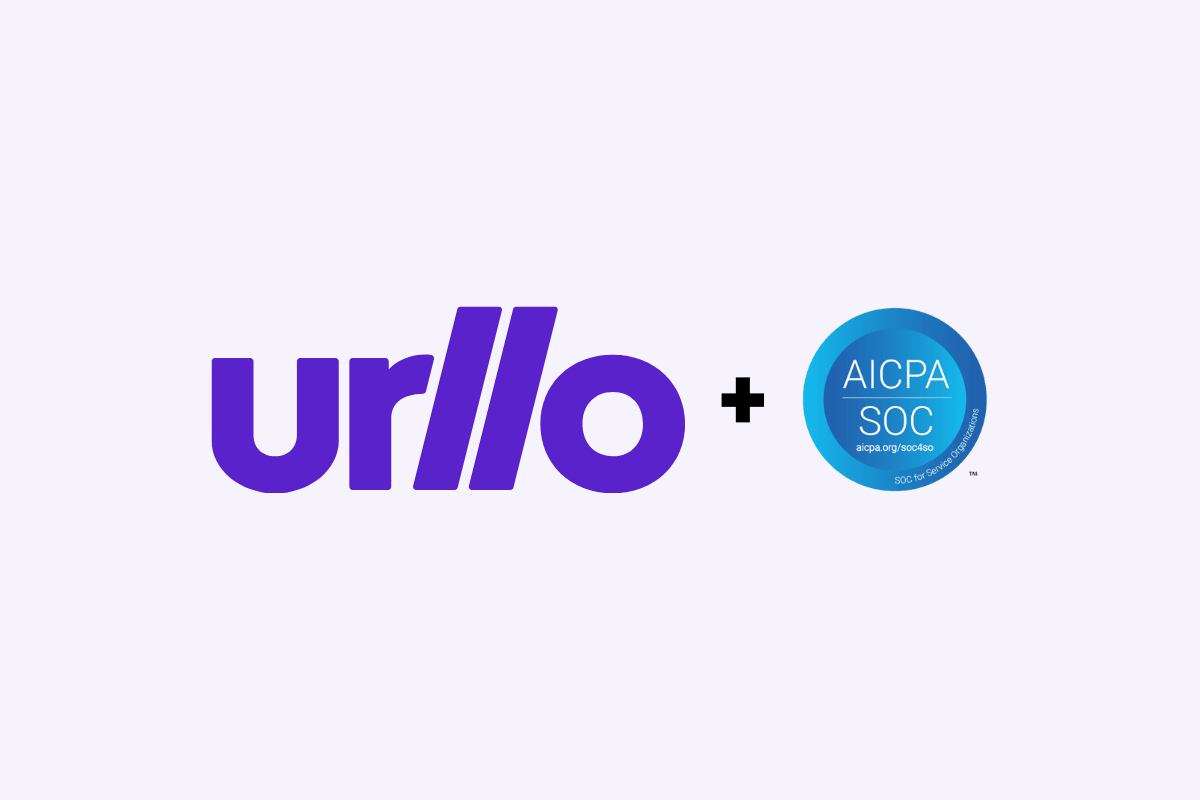
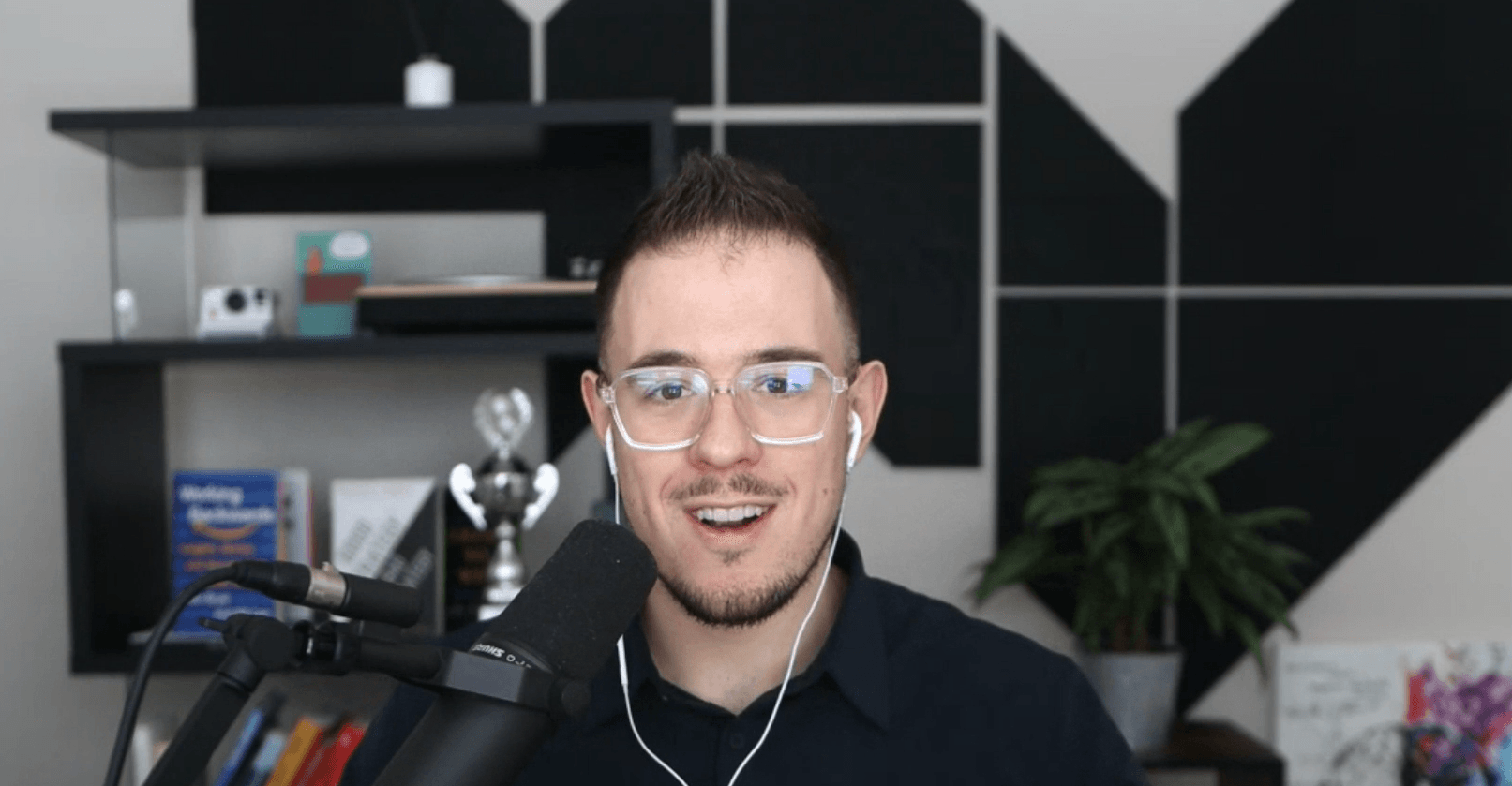
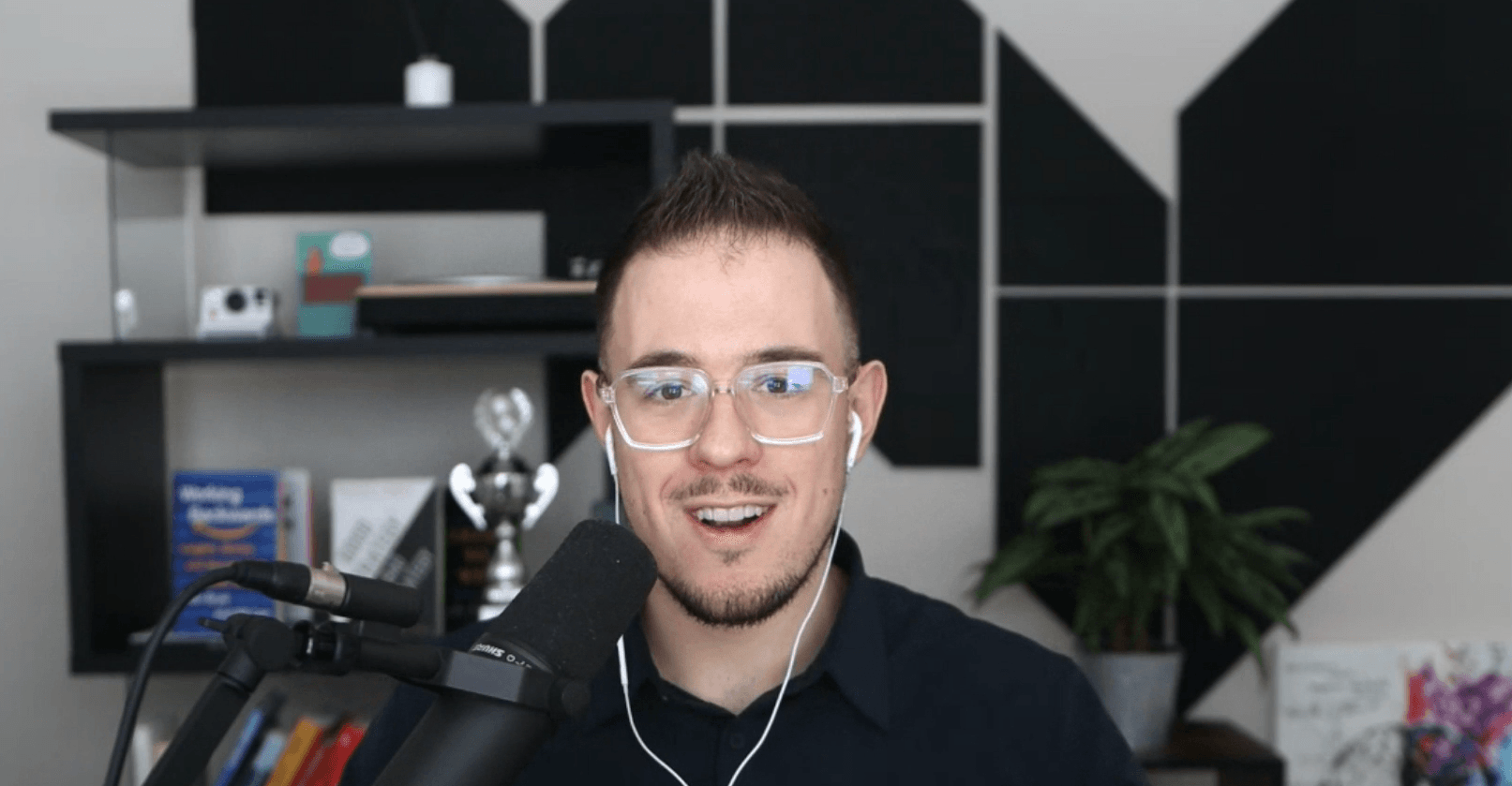

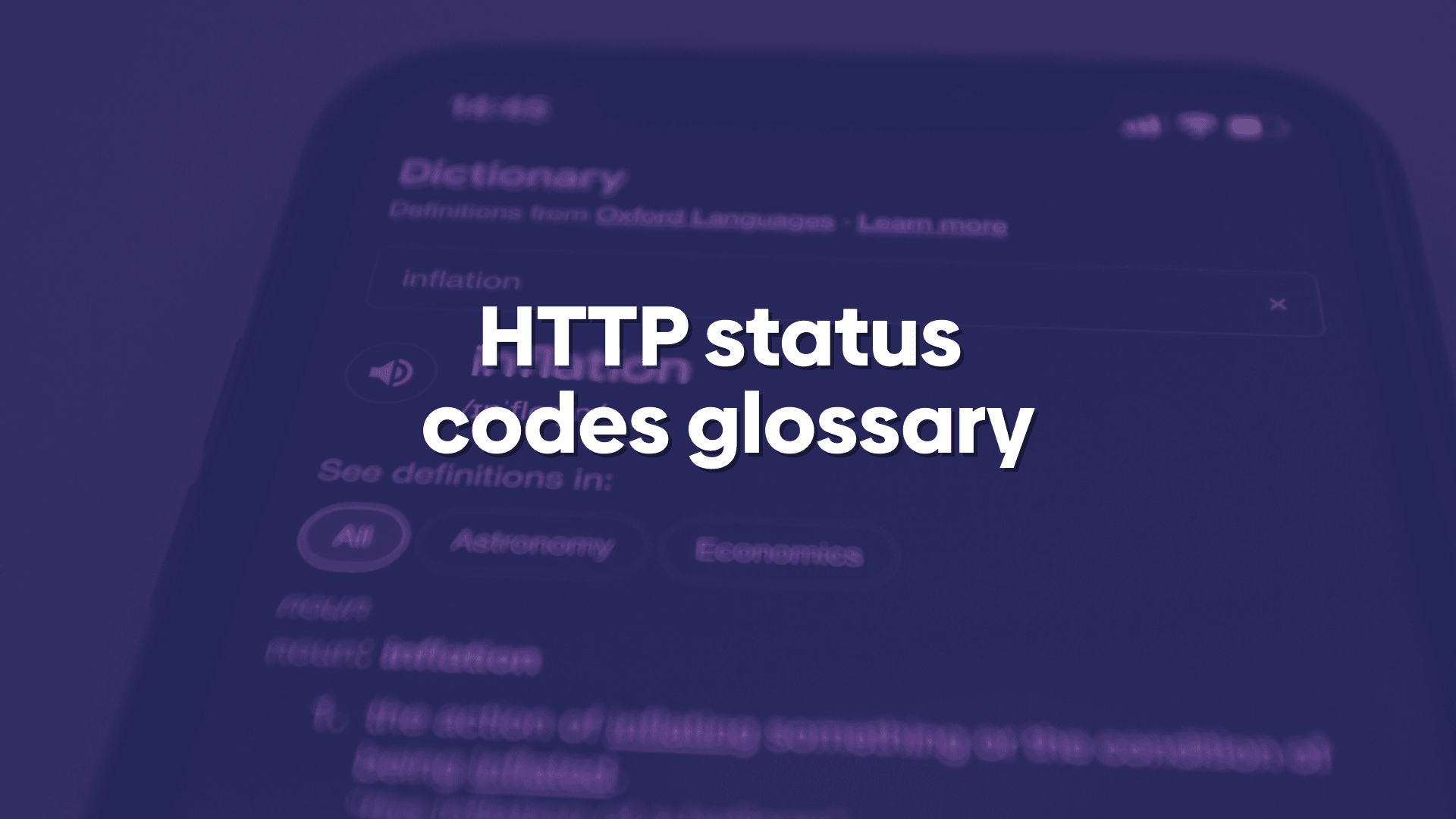
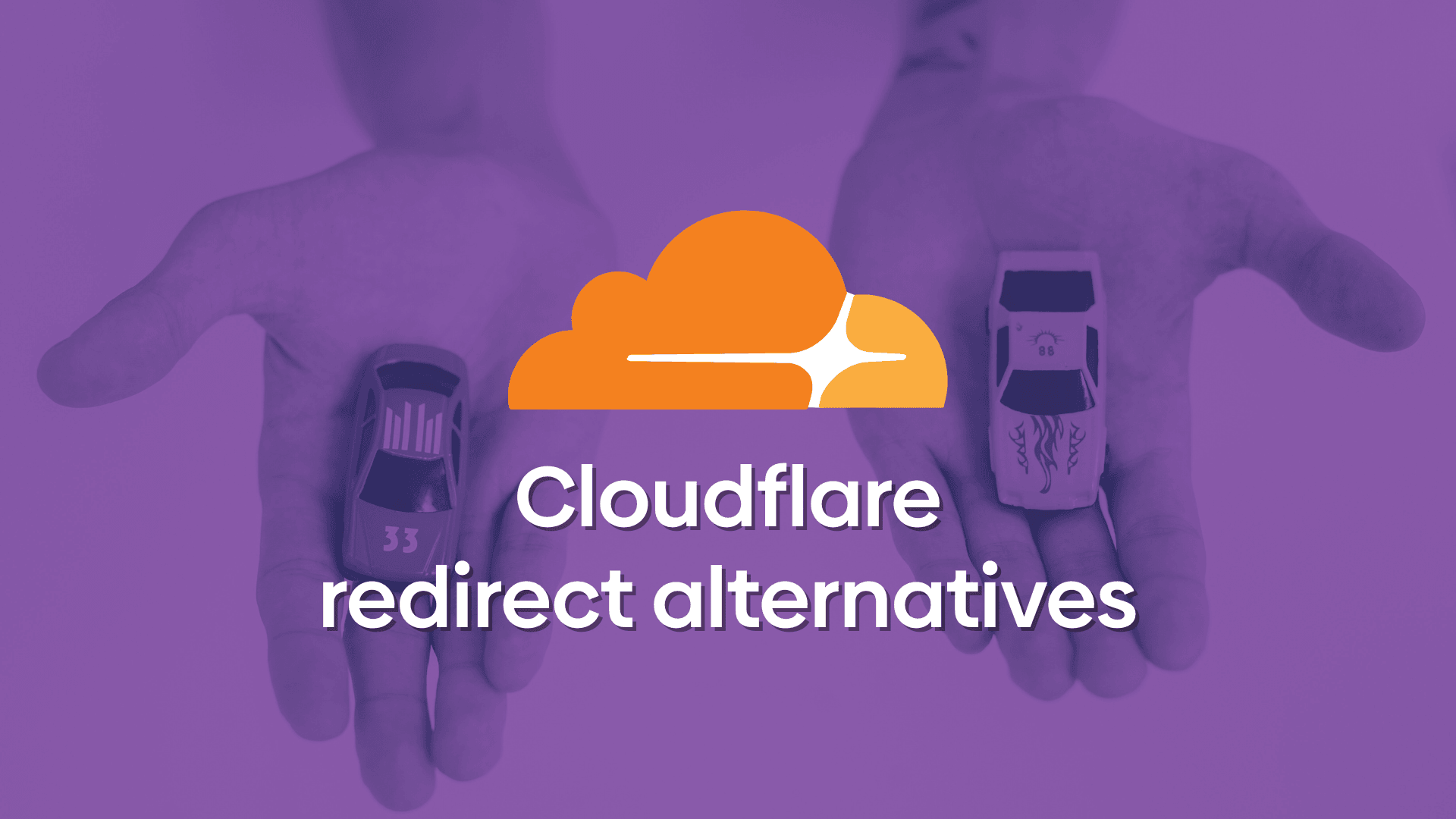

.png&w=2560&q=88)
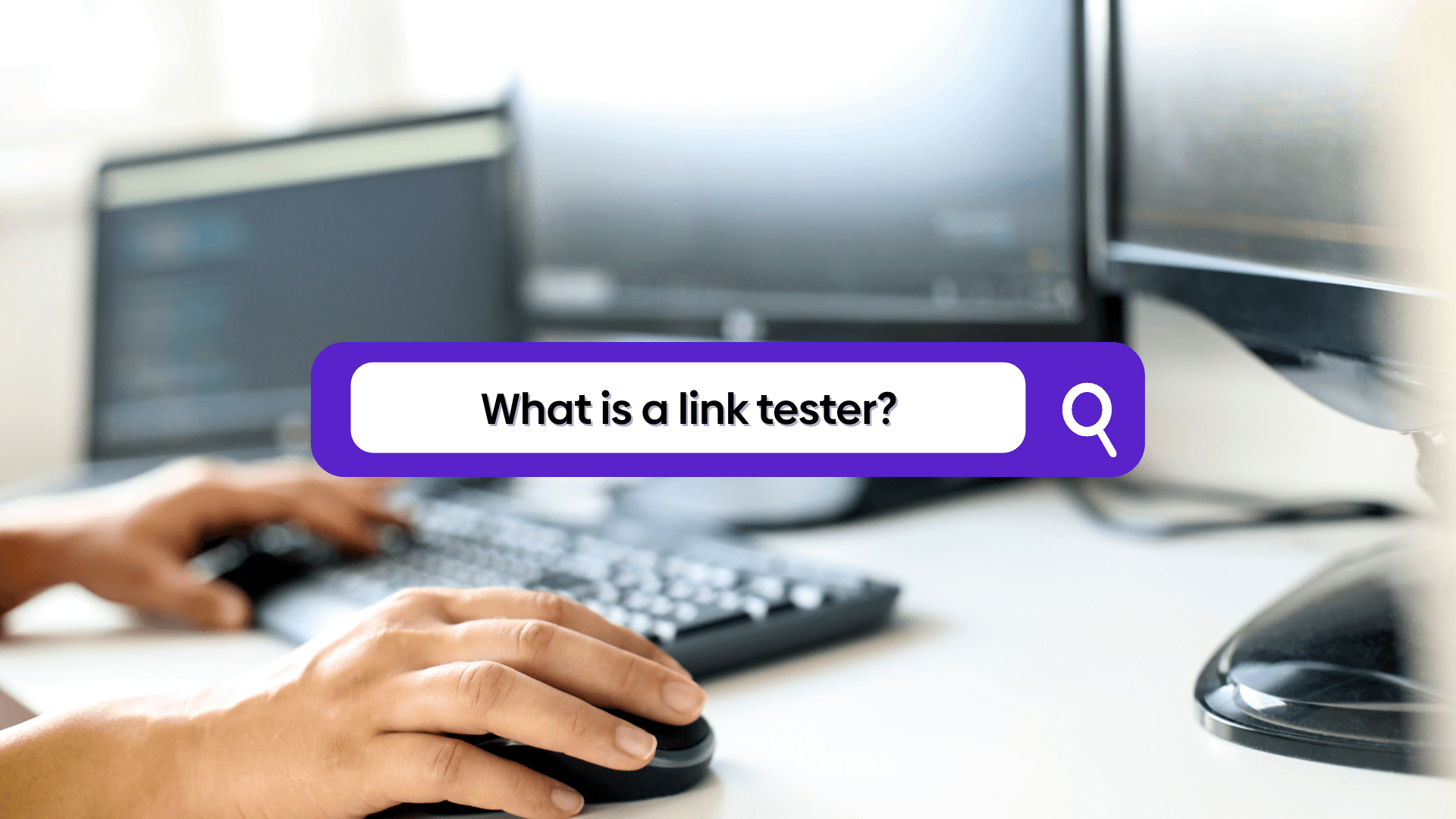


.png&w=2560&q=88)




.png&w=2560&q=88)
